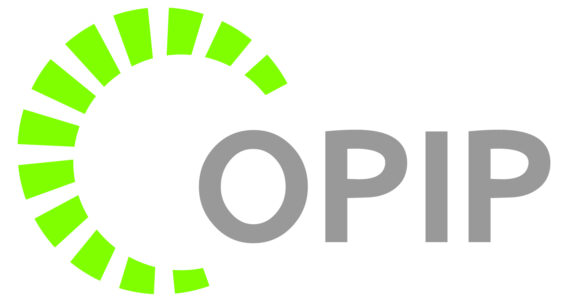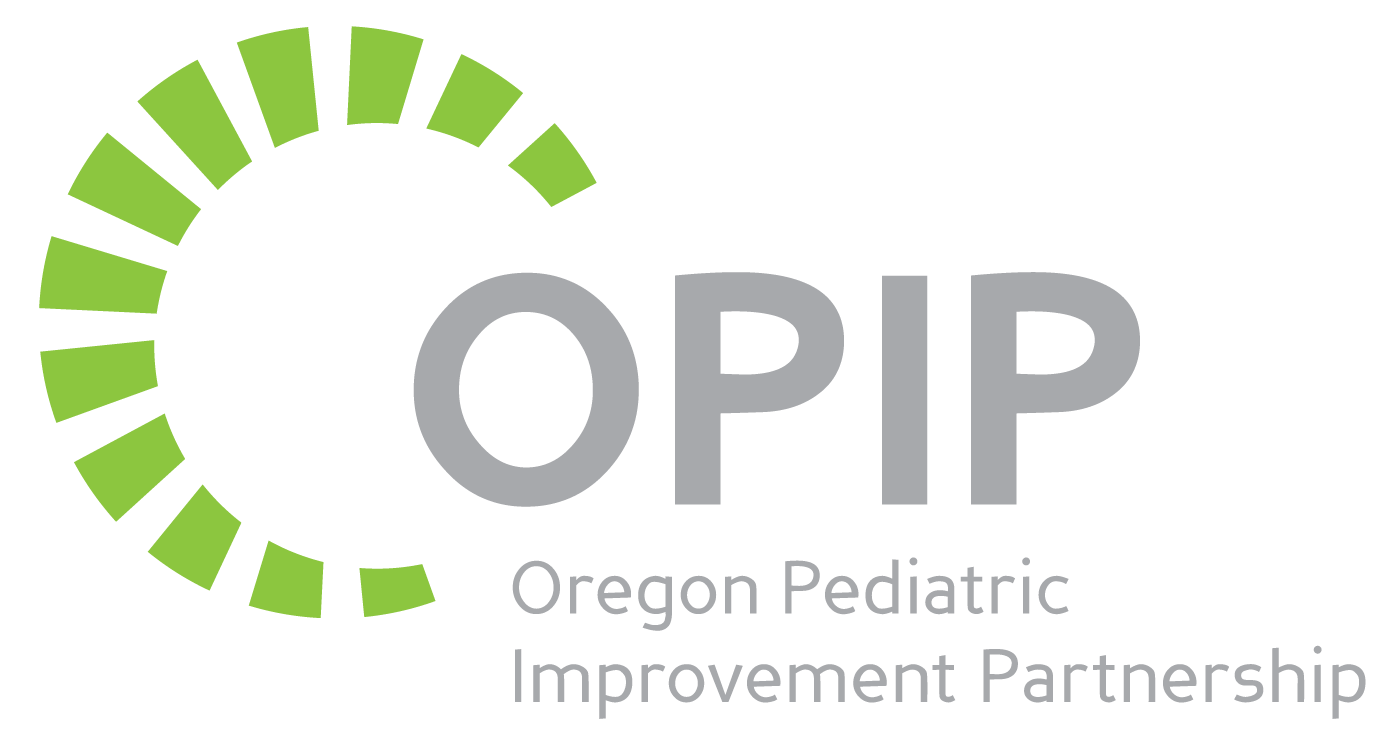PAST PROJECT
Enhancing Child Health in Oregon (ECHO): Advancing Transformation and the Triple Aim
On November 6, 2014 OPIP held a summary meeting entitled “Enhancing Child Health in Oregon (ECHO): Advancing Transformation and the Triple Aim.” This gathering was attended by Oregon policy makers and child health stakeholders. The goals were for participants to (1) Learn about the impact of ECHO on transforming care provided to children and adolescents; (2) Discuss factors that facilitated or impeded transformation; and (3) Identify policy opportunities to spread and sustain best practices. Click on the following links to access the agenda, attendee list, meeting slides, and the one-page ECHO Summary Report that were presented at this meeting.
Enhancing Child Health in Oregon (ECHO)
Through the Tri-state Children’s Health Improvement Consortium (T-CHIC), one of OPIP’s projects was working to implement quality improvement activities funded through a Children’s Health Insurance Plan Reauthorization Act (CHIPRA) Quality Demonstration Grant. T-CHIC seeks to demonstrate the unique and combined impact of patient-centered care delivery models and health information technology (HIT) on the quality of children’s healthcare, as measured by a variety of indicators being assessed simultaneously for their validity and utility in driving quality improvement. The ECHO primary care learning community was a portion of the T-CHIC project – specific to Oregon – that provides insight into the effects and learnings (successes and barriers) of implementing medical home concepts in primary care settings.
The ECHO learning community was facilitated in a way to allow for innovation in implementation of the core concepts and attributes of medical home generally, and as described in the elements of the Oregon Patient Centered Primary Care Home (PCPCH) Standards. OPIP served as the facilitator of ECHO in partnership with the Oregon Rural Practice-based Research Network (ORPRN). The project began in August 2011, and was a 3-year collaborative.
Structure
The overall structure of the ECHO learning community was based on the Institute for Healthcare Improvement’s (IHI) Breakthrough Series Collaborative Model. In this model, project staff developed a project framework, curriculum for learning sessions, and proposed changes. Participants attended face-to-face learning sessions (2 per year) where they received training, and shared successes and learnings since the previous session. Between learning sessions, participants implemented changes within their practices utilizing the Model for Improvement (PDSA cycles), and attended monthly conference calls to share best-practices across the collaborative and learn new concepts. Practice facilitators supported participants “at the elbow” to assist in evaluating the proposed aim statements and revisions to PDSA cycles, address implementation challenges, and assist in data collection and interpretation.
Eight practices participated in the ECHO collaborative, representing a diversity of practice sizes and geographic regions within the state. With a mixture of urban and rural, as well as pediatric and family medicine, the ECHO collaborative has enhanced understanding and learning about how practice characteristics influence medical home implementation.
Areas of Focus
The areas of focus for ECHO were based on identified needs or interests by participating practices (by report or by baseline assessments), and were designed to be cross-cutting of multiple medical home attributes. Examples of topic areas included:
– Children and Youth with Special Health Care Needs (CYSHCN)
– Patient & Family Centered Care
– Preventive Care and Developmental Promotion
– Adaptive and Economic Reserve
– Clinical Structural Processes
Click the following link to access the ECHO Learning Session Keynote Speaker presentations. Additional information about the ECHO Learning Session Agendas may be found here.

